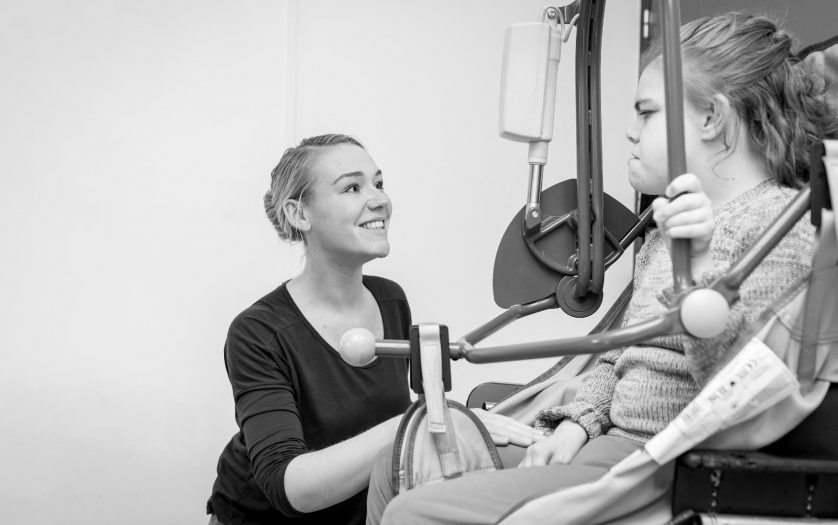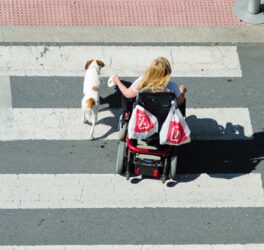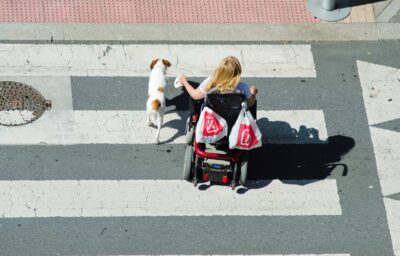
The challenges faced by informal carers – usually mothers – of children and adults with intellectual disability have been largely overlooked during the coronavirus crisis in UK.
Professor Peter Langdon of Warwick’s Centre for Educational Development, Appraisal and Research (CEDAR) has been one of a team working in partnership with the Challenging Behaviour Foundation to document the mental health of informal carers of children and adults with intellectual disability during the coronavirus pandemic through an online study. The project team was led by Professor Paul Willner from the University of Swansea and included researchers from the universities of Birmingham and Kent.
The team found that carers of adults and children with intellectual disability were five times more likely to report severe anxiety and between four and ten times more likely to report major depression than parents of children without intellectual disability.
The study, Effect of the COVID-19 pandemic on the mental health of carers of people with intellectual disabilities (Journal of Applied Research in Intellectual Disabilities), also finds that carers of children and adults with intellectual disability reported mental health problems well in excess of what might have been expected on the basis of the pre-pandemic literature, and at the same time experienced lower levels of social support relative to parents of children without intellectual disability.
The data for the study were collected in the second half of the strict March-April-June coronavirus lockdown. Researchers analysed 244 online surveys, completed by carers of adults with intellectual disability, children with intellectual disability, and a comparison group of carers for children without intellectual disability. More than 90 per cent of the carers taking part were female. Eleven households had had direct experience of COVID-19.
Carers of children and adults with intellectual disability reported significantly greater anxiety and depression than carers of neurotypical children. These feelings were worsened by stress but improved by social support.
- Moderate to severe anxiety – 43% of carers of children with intellectual disability reported this, compared with 8% of parents of children without intellectual disability.
- Moderate to severe levels of depression were reported by 45% of carers of children with intellectual disability, compared with 11% of parents of children without intellectual disability.
- Social support – compared to parents of children without intellectual disability, carers of children with intellectual disability received significantly more support from professionals, but significantly less support from other sources, particularly family (parents, children, other relatives) and friends (friends/co- workers, neighbours/local community). Social support decreased as the severity of challenging behaviour increased.
For those caring for adults with intellectual disability, the closure of adult day services and respite care meant that carers of adults felt they had received significantly less support than carers of children, who were still able to send their children to school if they chose to.
The results were compared with similar studies conducted before the pandemic to explore whether the high rates of severe mental health problems were associated with the lockdown.








